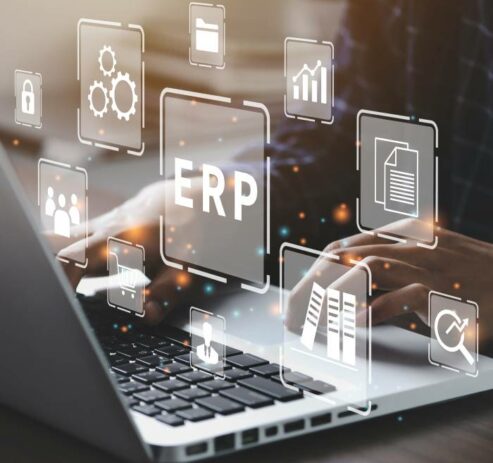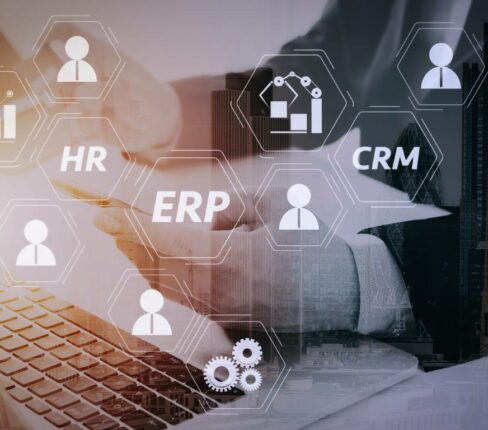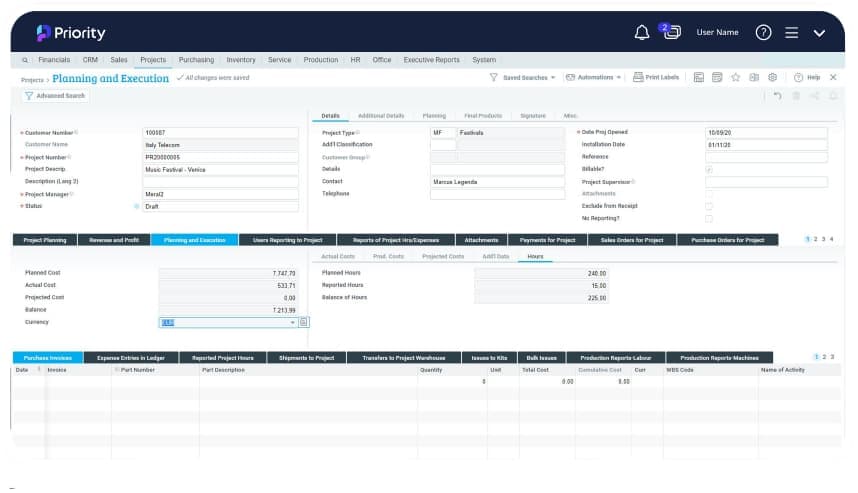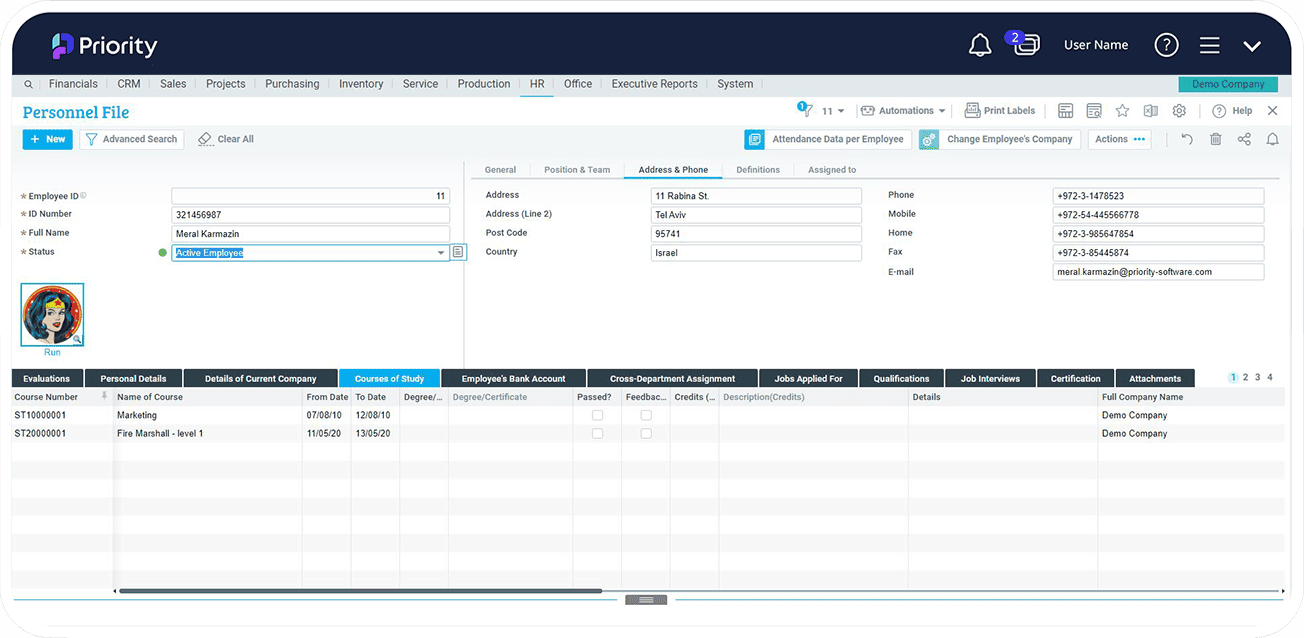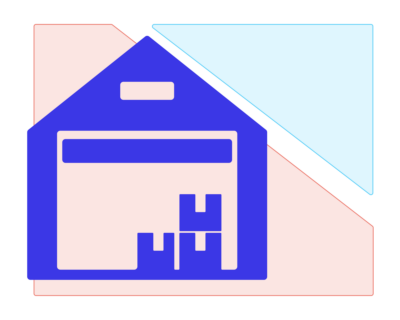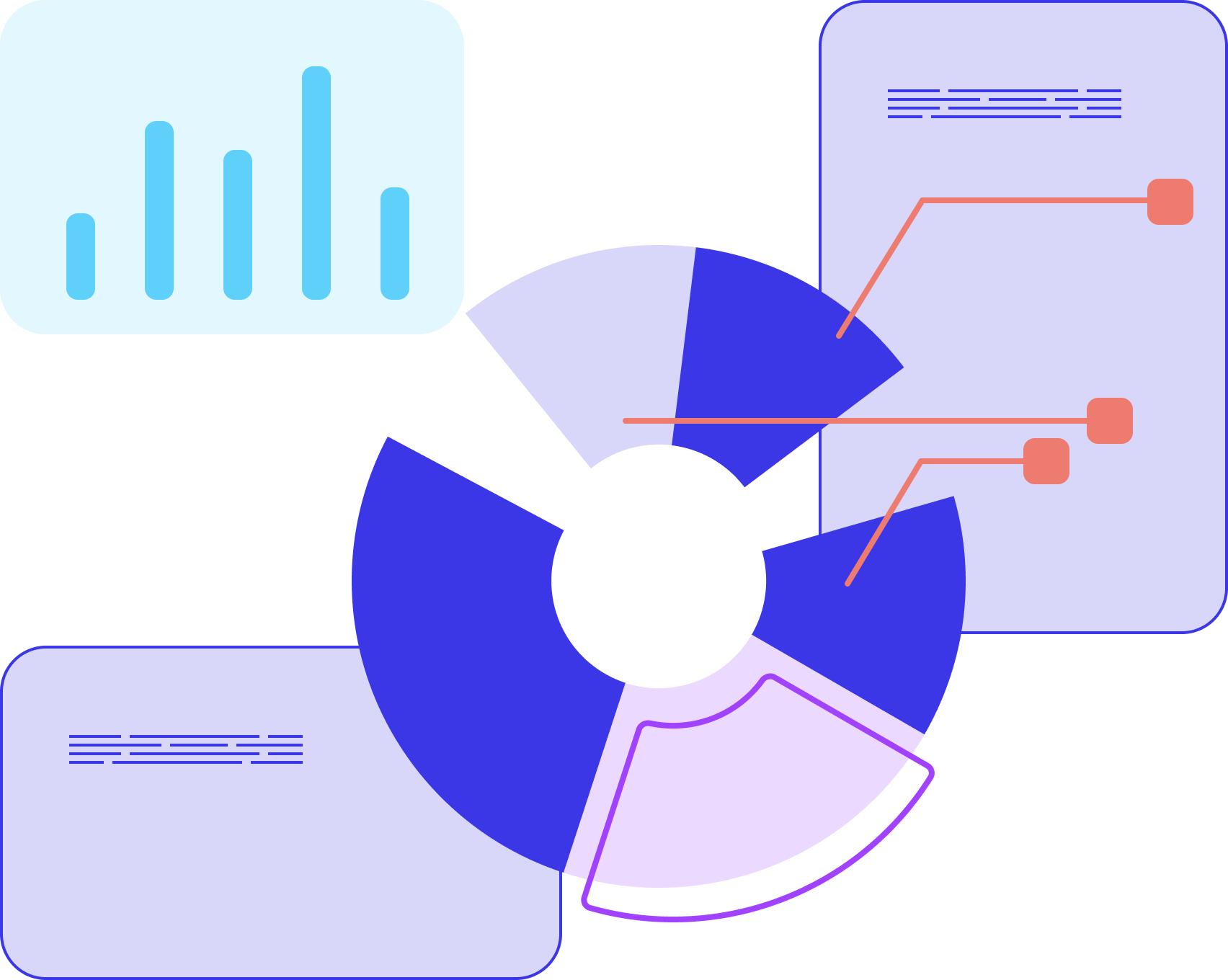ERP Modules
Core ERP modules serve as a quintessential component of enterprise resource planning software. Every ERP suite consists of core ERP modules that help businesses streamline, automate, and manage the most common business operations. They enable collaboration between different organizational departments and eliminate manual data entry. This results in enhanced productivity, operational efficiency, and improved bottom-line figures. The most common ERP modules are Financial Management, Supply Chain Management, CRM and Sales, Human Resource Management, and Warehouse Management.
From the electronics sector to the fashion industry, every niche organization has unique requirements specific to its area of operation. Advanced ERP modules are tailored to cater to these particular niche requirements and tend to work in tandem with core ERP modules to provide comprehensive business management capabilities.
